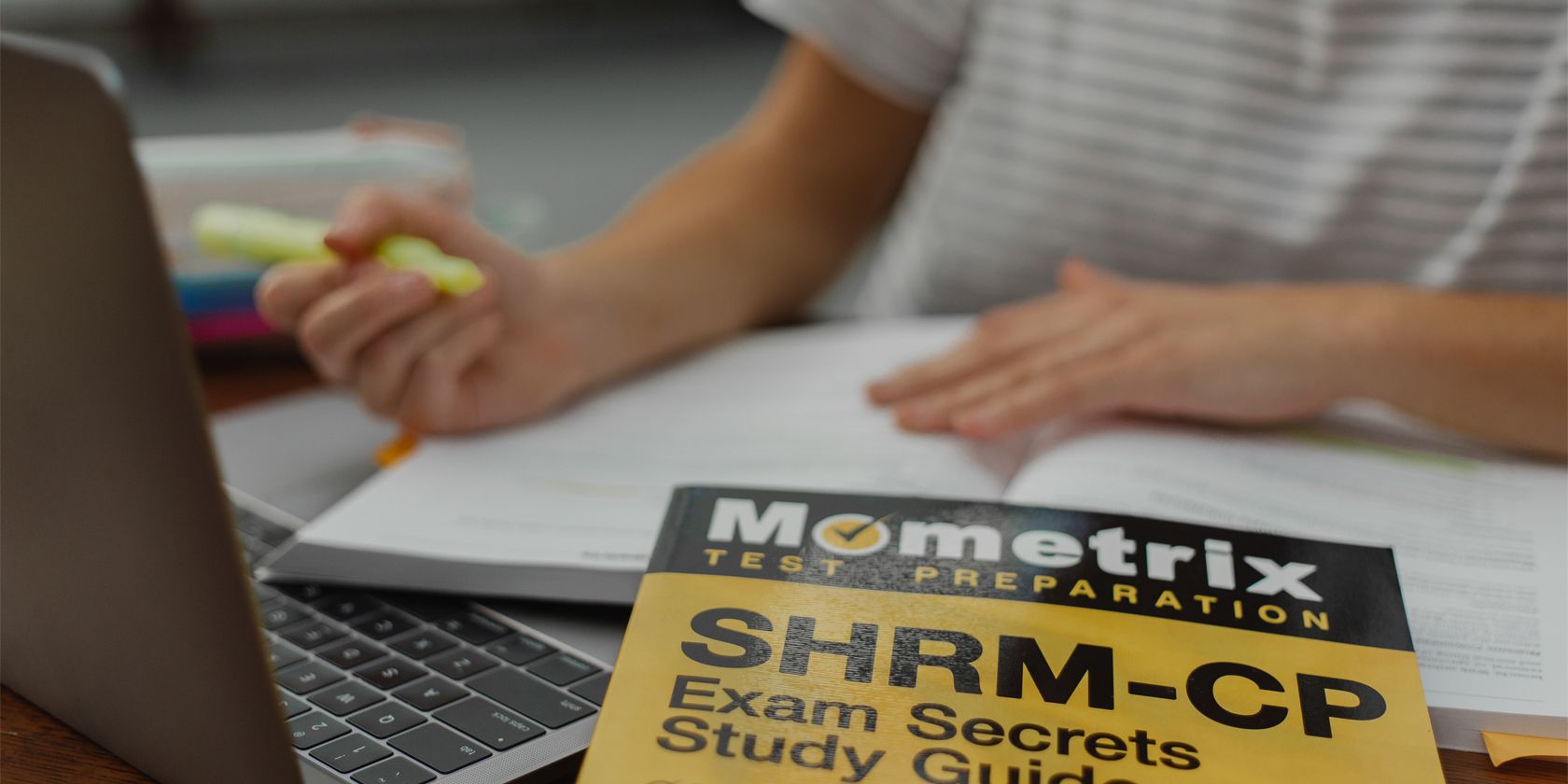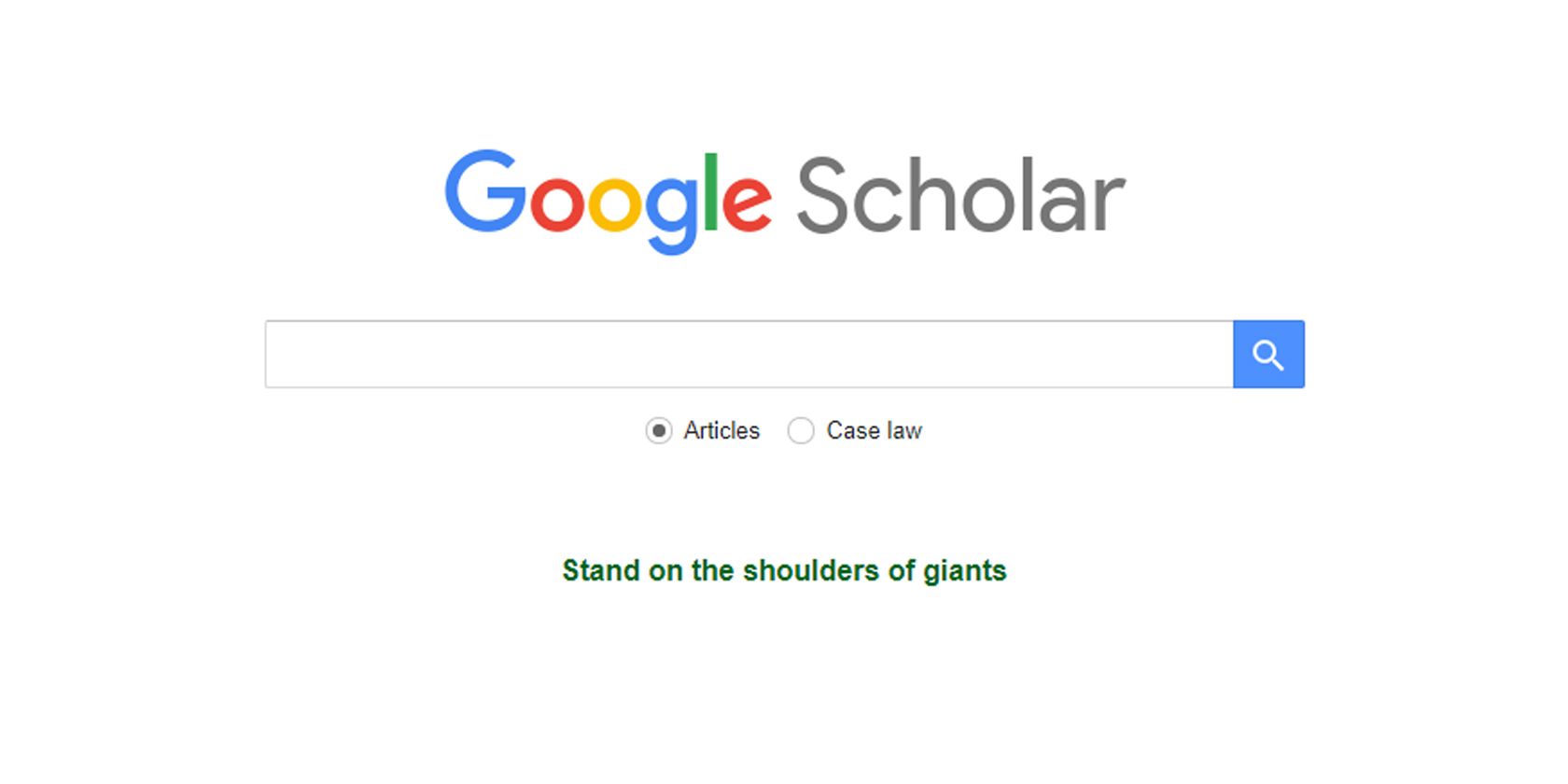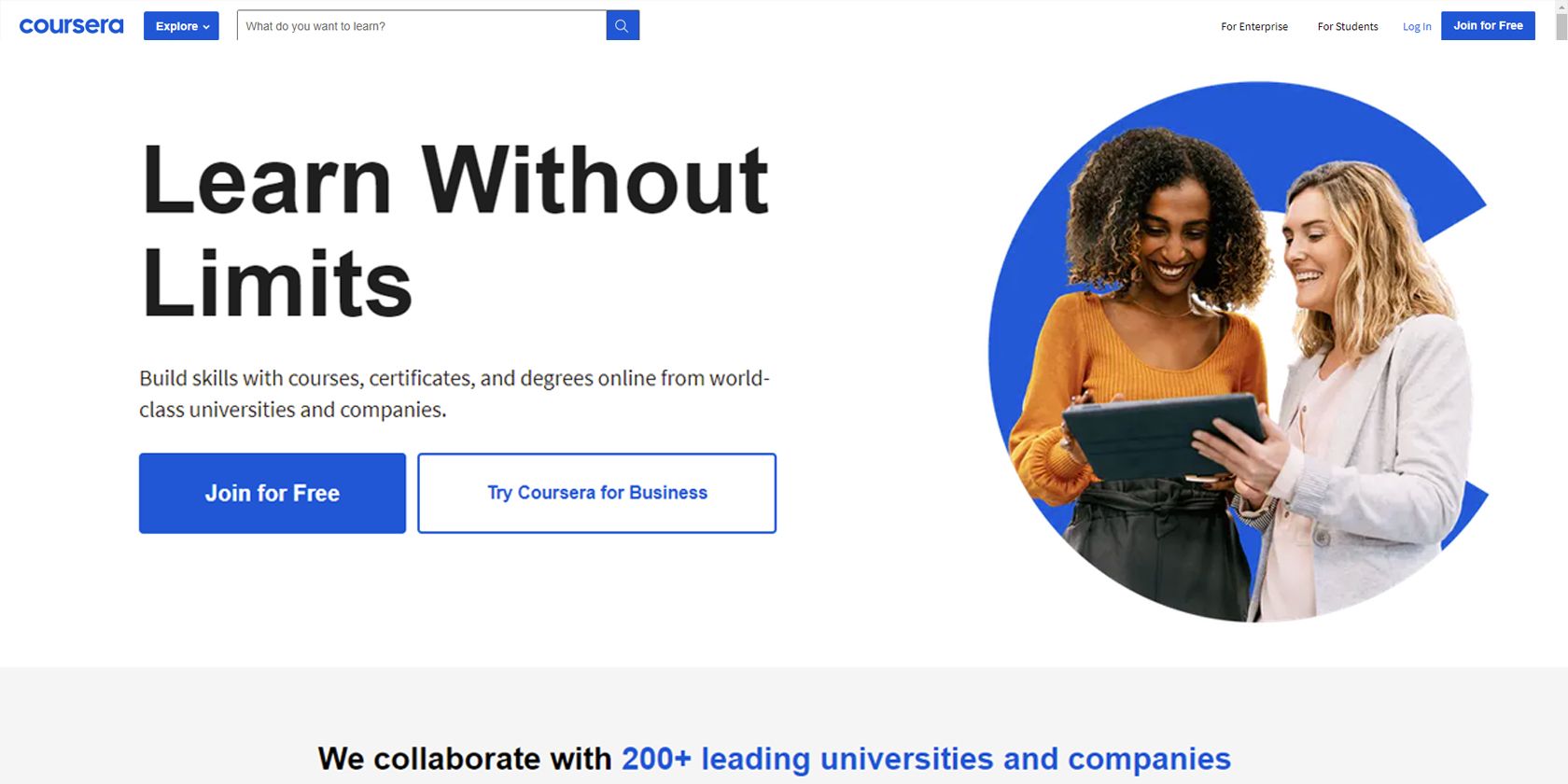Of course, when studying, you'll primarily learn the information you need in the classroom. But it can often be useful to find additional sources to understand the content better.
So, where can you go on the internet to help you study? Here the seven best online sources to help you get an A+ on your course.
1. YouTube
Many use this video hosting website for entertainment. But what you may not know is that you can get a lot of information and lessons here as well. From math and science to social studies and humanities, you can find tons of helpful videos that will further explain select topics.
If you're interested in learning new topics, you can visit channels such as TED-Ed, CrashCourse, and CGP Grey. But if you're looking for something specific, you can also find several channels that deal with specialized topics on certain subjects.
You can also use the search bar to look for keywords. For example, if you want to learn about math derivatives, type the term in YouTube's search, and you'll find several results explaining the basics to you.
2. Google Scholar
In the past, when your professor gave you a research assignment, your first stop would be the school library. However, you'd be limited to the sources in that library.
But if you use Google Scholar, you can use Google's powerful search engine to find all the information you need without any limits. It returns results across fields and disciplines.
You can find scholarly articles, theses, abstracts, and more from reputable sources like academic publications, professional circles, and universities.
This tool also uses research standards to weigh the importance of results. They look at the document's content, publisher, authors, and references to ensure reliable results.
3. Wikipedia
Many teachers, professors, and academics frown upon using Wikipedia as a research source. This is because of its open-source nature, where anyone can edit its content, regardless of their qualifications.
And while this is true, Wikipedia is a good jumping-off point for initial research. You can use this website to look for information and then check the writer's references. When you click on a reference and see that it's from a reputable source, you know it's safe to include in your research literature.
You can also use Wikipedia to find further information to expand your research. By clicking on links in most Wiki pages, you can use it to find related events, personalities, topics, and more.
4. Coursera
Learning is no longer limited to the classroom. While your school may follow a specific syllabus for the school year, you can supplement this by studying things you want. If you can't afford extra classes, you can find many free lessons on Coursera.
Over 200 universities and companies support this website, and you can take extra courses to enhance your education. The site offers lessons from Art to Machine Learning and more from renowned institutions such as Stanford and Yale.
And if that's not enough for you, you could even sign up for guided projects, specializations, professional certificates, and earn a bachelor's or master's degree. This educational platform will teach you new things, but it also can change your life for the better.
5. Your Local e-Library
Many may see libraries as outdated institutions that store and share information in printed form only. However, that cannot be further from the truth. Many libraries have now added online services to their offerings. While you can still borrow a book physically from them, they now offer so much more.
Some libraries have accounts that allow access to paid academic journals, resources from other universities, and even online newspaper archives. The libraries may also have hard-to-find media stored in their local servers, allowing you to pull it up when you're using their computers.
But best of all, you can now find libraries that have an online presence. If you're a library member that offers this, you can access millions of books on their website or app. You don't have to be physically present in the library to enjoy their collection.
You should know, though, that not all libraries offer this. Visit your library and ask them if they provide this service to find out, or you can check the website.
6. Unpaywall
If you find yourself frustrated time and again by paywalls when conducting research, then look at Unpaywall. This website is an open database with over 29 million academic papers on record. What the website does is scour the internet for free and open-source copies of the research you need.
Best of all, it has a Chrome extension available. If you have this extension installed, a green tab will automatically appear if you face a paywall. You can then click on it, and you'll automatically be redirected to a free copy of what you need.
Sometimes, it may take a while to get the latest research available on Unpaywall. However, if you're using this to find information to support your school project, it should be more than capable enough to get you what you need.
7. Ask the Researcher Directly
One of the most underrated ways to get information is to ask the researcher directly. When you're reading scholarly articles published by leading universities, you can search for the authors' email addresses.
Academics love to share what they learn, especially if you identify yourself as a student and outline what information you need. This is notably true if the researcher is funded by public grants—which means that their work is public domain and can be shared with anyone.
Learning Beyond Schooling
The internet allows people to share data worldwide instantly–borders and buildings no longer bind your learning. You can now find information on just about anything online, as long as you know where to look.
You can use these tools whether you're a primary school student or a doctor's degree candidate. So if you're aiming for an A+ in Math or finding sources for your dissertation, you can find all the resources you need right at your fingertips.






